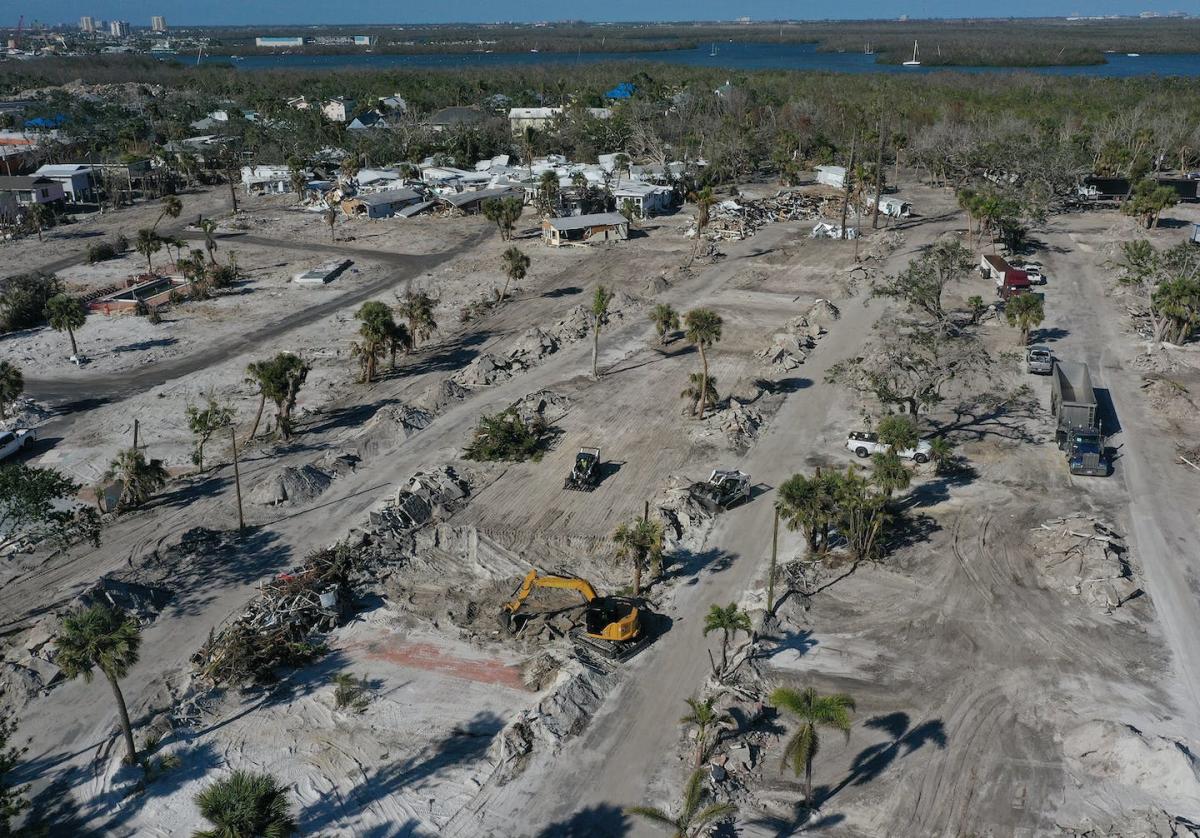Climate Change in Florida: Municipal Fiscal Impact and the Need for Adaptation
Climate change is wreaking havoc on communities across the United States, but few places have felt the effects as acutely as Florida. The recent hurricanes, Ian and Idalia, showcased the destructive power of these storms, while also highlighting the increased risks posed by rising sea levels. As cities and towns struggle to adapt to these challenges, they also face financial strain, as property tax bases are eroded and costs rise. In a groundbreaking study, our team has examined the fiscal impacts of sea-level rise on Florida’s municipalities, revealing the urgent need for action.
The Impact on Municipal Tax Revenues
Our research found that over half of Florida’s 410 municipalities will be affected by a potential rise of 6.6 feet in sea level. Within these at-risk areas, almost 30% of current local revenues are generated by buildings that will become regularly flooded, possibly within the next century. Alarmingly, many coastal planners and managers are unaware of the extent to which climate change will impact their municipalities’ fiscal health. This lack of understanding, paired with the inaction of some high-risk communities, poses a significant threat to the financial stability of local governments.
The Catch-22 of Property Taxes
Property taxes are a crucial source of funding for municipal governments, accounting for 30% of local revenues nationwide. However, climate change directly undermines this revenue stream. Sea-level rise and the associated flooding not only decrease property values but also result in increased costs for municipal services such as water, sewage, and road maintenance. This creates a vicious cycle where damage from climate-related disasters and rising sea levels gradually erode the tax base and escalate service costs. Striking a balance between encouraging development and managing flood risks becomes increasingly challenging.
Florida’s Vulnerable Property Tax Base
Our analysis reveals that sea-level rise could threaten properties with a combined assessed value of $9 billion, which currently generate $3.36 billion in annual property taxes. This puts the livelihoods of five million Floridians at risk. In 64 municipalities, half of their revenues come from these flood-prone areas. However, the actual fiscal impact is likely to be even worse once additional lost revenues, rising expenditures, and the effects of other climate hazards are factored in.
Disparity in Fiscal Risks
It is important to note that the fiscal risks associated with rising sea levels are not evenly distributed. The most vulnerable municipalities tend to be smaller, denser, wealthier, and predominantly white. Conversely, lower-risk communities are typically more populous, diverse, lower-income, and have larger land areas. These dynamics exacerbate existing social and economic disparities.
A Call to Action
We believe that our findings serve as a wake-up call for state and local governments. Urgent action is needed to ensure that communities are adequately prepared for the financial challenges posed by climate change. Solutions include assessing the fiscal impacts of climate change, expanding local revenue sources, promoting regional collaboration, and empowering low-income neighborhoods to have more control over land and housing.
Florida cannot afford to continue its current path of prioritizing growth without considering the long-term consequences. As our study shows, the state faces significant fiscal risks due to its geographical characteristics and extensive coastline. By embracing proactive strategies and moving away from business-as-usual development, Florida can chart a different, more sustainable future.
This article is republished from The Conversation, a nonprofit news site dedicated to sharing ideas from academic experts. Like this article? Subscribe to our weekly newsletter.


